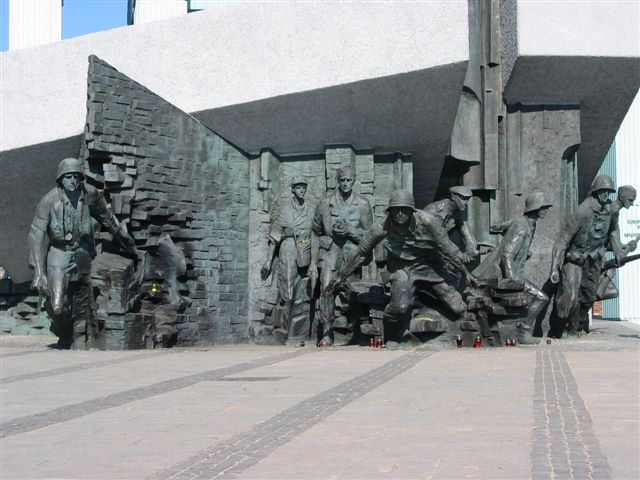Florian Peters
Completed PhD project
Funded by the Humboldt University, Berlin (February 2009 – January 2012), funded by a scholarship of the ZZF Potsdam (September 2012 – March 2013)
The largest anti-Communist opposition movement in Eastern Europe, the Polish ‘Solidarność’ of the years 1980/81, constitutes an important, if not central, element of the pan-European transformation processes in the final third of the twentieth century. Even if the Polish opposition did not initially bring down state socialism, it was instrumental in unalterably questioning the historical interpretative model of the Communist parties in the Soviet orbit. Whereas previous studies, based on basic premises from the social sciences or totalitarian theory, largely neglect the sensory dimension of this transformation, my PhD project addresses the virulent debate currently taking place in Poland regarding the legitimacy of state socialist rule in the field of historical culture. It enquires after the extent to which the emergence of ‘Solidarność’ resulted in a revolution of memory.
In order to answer this key question, my doctoral thesis provides a comparative examination of oppositional and official discourses on the Second World War in Poland from the mid-1970s to the end of the people’s republic using a broad range of sources, including the oppositional underground press (‘second circulation’), which has previously only been analysed sporadically in this context. It focusses here in particular on the politically-powerful remembrance of the German and Soviet attacks on Poland in 1939, the mass murder in Katyń, the Holocaust and the Warsaw Uprising in 1944.
In terms of results, the following aspects were important for me: (1) to establish the significance of historical culture for the dynamics of the anti-Communist opposition movement in Poland, which are unique to Eastern Europe; (2) to examine the reciprocal relationship between polarisation and pluralisation in the historical discourses, as well as the resulting interferences and structural similarities in the dominant narrative. Alongside a discourse analytical approach, this also includes (3) an analysis of the relevant groups of protagonists and their location in the area of tension between regime and opposition, in order to overcome the widespread dichotomous view of the relationship between the regime and society.
Defence of the doctoral thesis in autumn 2014.
Verteidigung der Dissertation im Herbst 2014

